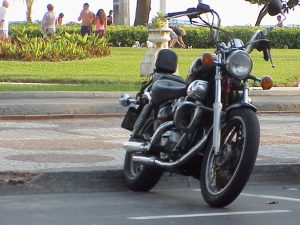Anyone who lives in Fort Myers knows U.S. 41 is a nightmare for motorists. Lanes are narrow. Traffic volumes are atrocious, especially at rush hour. There are few crosswalks and drivers routinely speed or tap away at their phones as they weave in-and-out of traffic. Worse, there is very little alternative, as the thoroughfare, also known as Tamiami Trail, is one of the main in the Southwest Florida. Car accidents occur with regularity.
Perhaps it should surprise none of us, then, that it is ranked as the No. 2 most dangerous road in the country. Further, most Floridians would probably not be shocked to learn that four of the top five most dangerous roads are in Florida, as reported by NBC-2, which detailed the findings of a new study by Geotab. Six of the top 10 most dangerous highways are in Florida.
While car accident rates have spiked everywhere in these last two years, with increasing driver distractions and lower gas prices, Florida has been acutely affected.
 Florida Injury Lawyer Blog
Florida Injury Lawyer Blog


























